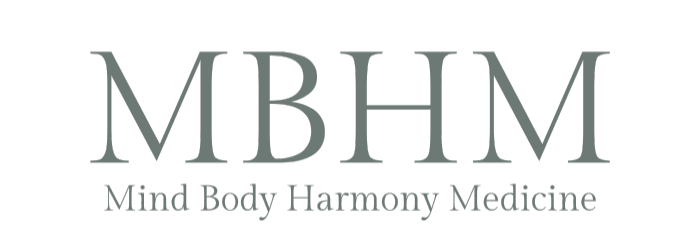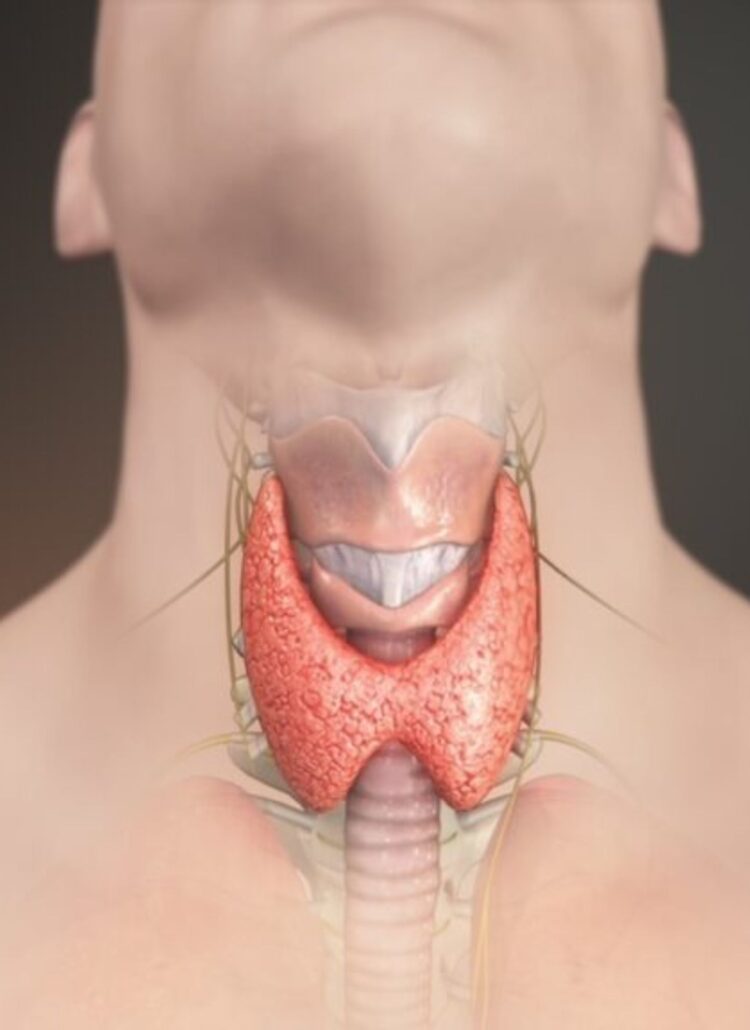Does Infant Temperament Predicts Personality as an adult? Keep reading to find out why and why.
Fear of Making Mistakes & Trying to Be “Perfect” is Harmful
Kids who show sensitivity to making mistakes or doing things “wrong” in adolescence, may have a higher risk for internalizing disorders (such as anxiety and depression) in adulthood.
During infancy, temperament serves as the foundation of later personality. One specific type of temperament, called behavioral inhibition (BI), is characterized by cautious, fearful, and avoidant behavior toward unfamiliar people, objects, and situations.
BI has been found to be stable across toddlerhood and childhood, and children with BI have been found to be at greater risk for developing social withdrawal and anxiety disorders than children without BI.
The researchers assessed the infants for BI at 14 months of age.
The participants returned at age 26 for assessments of psychopathology, personality, social functioning, and education and employment outcomes.
The researchers found that behavioral inhibition at 14 months of age predicted, at age 26, a more reserved personality, fewer romantic relationships in the past 10 years, and lower social functioning with friends and family.
Behavioral inhibition at 14 months also predicted higher levels of internalizing psychopathology in adulthood.
Making Mistakes Is Normal:
Making mistakes is how you learn, it’s normal. Children need to know that.
In this country, there has been a recent movement to include meditation, qi gong/tai chi and mindfulness practices in children’s schools.
Or even using meditation as a treatment for chronic diseases & emotional/mental illnesses. Acupuncture has only been covered by insurance as recently as 8–10 years ago!
This study highlights the sad truth that infants are programmed early about fear. Children learn what they live. It may be that the parents have the same cautious/fearful nature that the infant observes.
As fetus consciousness begins to form, they become aware of what their mother thinks/feels by the 6th month in utero.
Meditate While You’re Pregnant
Studies have found that mindfulness practices during pregnancy can lower perceived stress, pregnancy anxiety, and worry.
One study found meditation improved the parasympathetic nervous system of pregnant women.
Various pregnancy complications like hypertension, preeclampsia have been strongly correlated with maternal stress. Imagine how wonderful meditation practices are for the fetus?
The Journal of Infant Behavior Development (2014) found mothers who meditated (pre-natal meditation) while pregnant had significantly better cord blood cortisol levels, indicating babies had a less stressful maternal environment.
The infants of mothers who meditated had a better temperament in the 5th month of life than the control group.
Infants of depressed mothers have difficult temperament and attentional, emotional, and behavioral problems later in life. Prenatal maternal anxiety predicts reduced adaptive immunity in infants.
Researchers concluded that prenatal meditation should be recommended to pregnant women.
Resources for Mindfulness & Meditation Practices:
Here are some guided meditation recordings and breathing exercises you may find helpful with navigating through anxiety faster.
You can do any of the recordings, but I would recommend starting off with the brief 18-minute Body Scan and then try the 35-minute recording another day.
It’s something fun that will help you learn more about yourself and also help you be more “present” in the moment, and with your body, and feelings.
Healing our mind heals our physical body. By becoming more aware of these behaviors and writing them down, it is easier to track, discuss, and understand them.
More Helpful Blog Posts on Maintaining Your Health
- New Findings on Antidepressant Use During Pregnancy
- Mother’s Thyroid Function During Pregnancy Impacts Child’s Behavioral Development
- How Our Gut Bacteria Influences Various Heart Diseases & Risk Factors
- Eating Avocado With Meat, Blunts The Inflammatory Effects of The Meat Consumption
- Travel Insurance I & II 60c: Travel without the threat of mosquito, parasite, and bacterial infections









Great articles. 😀👍